
Crystalline Nets Snare Water and Make Fuel from Thin Air
Having solved stability problems, chemists think metal-organic frameworks are ready for a commercial ascent.
Recommendation
Metal-organic frameworks (MOFs) caused great excitement in the scientific community when chemists first synthesized them in the 1990s, but the hype quickly died down as cost and stability issues became apparent. Robert F. Service revives this excitement with this inspiring account of how the tireless efforts might pay off. MOFs are nearly ready to be commercialized. He presents the possible MOF-based solutions to real-world problems as reported by some of the world’s top MOF chemists. This article shows how seemingly far-fetched ideas can lead to very tangible solutions.
Summary
About the Author
Robert F. Service obtained a master’s degree in scientific and environmental reporting from New York University and his articles on chemistry and materials science have appeared in publications such as Scientific American.









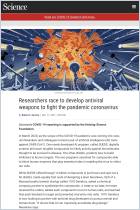
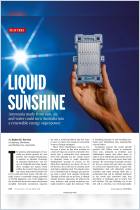
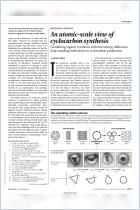
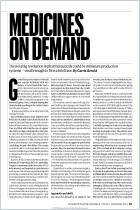
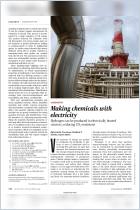

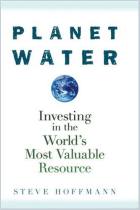
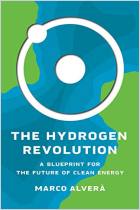





Comment on this summary or Start Discussion